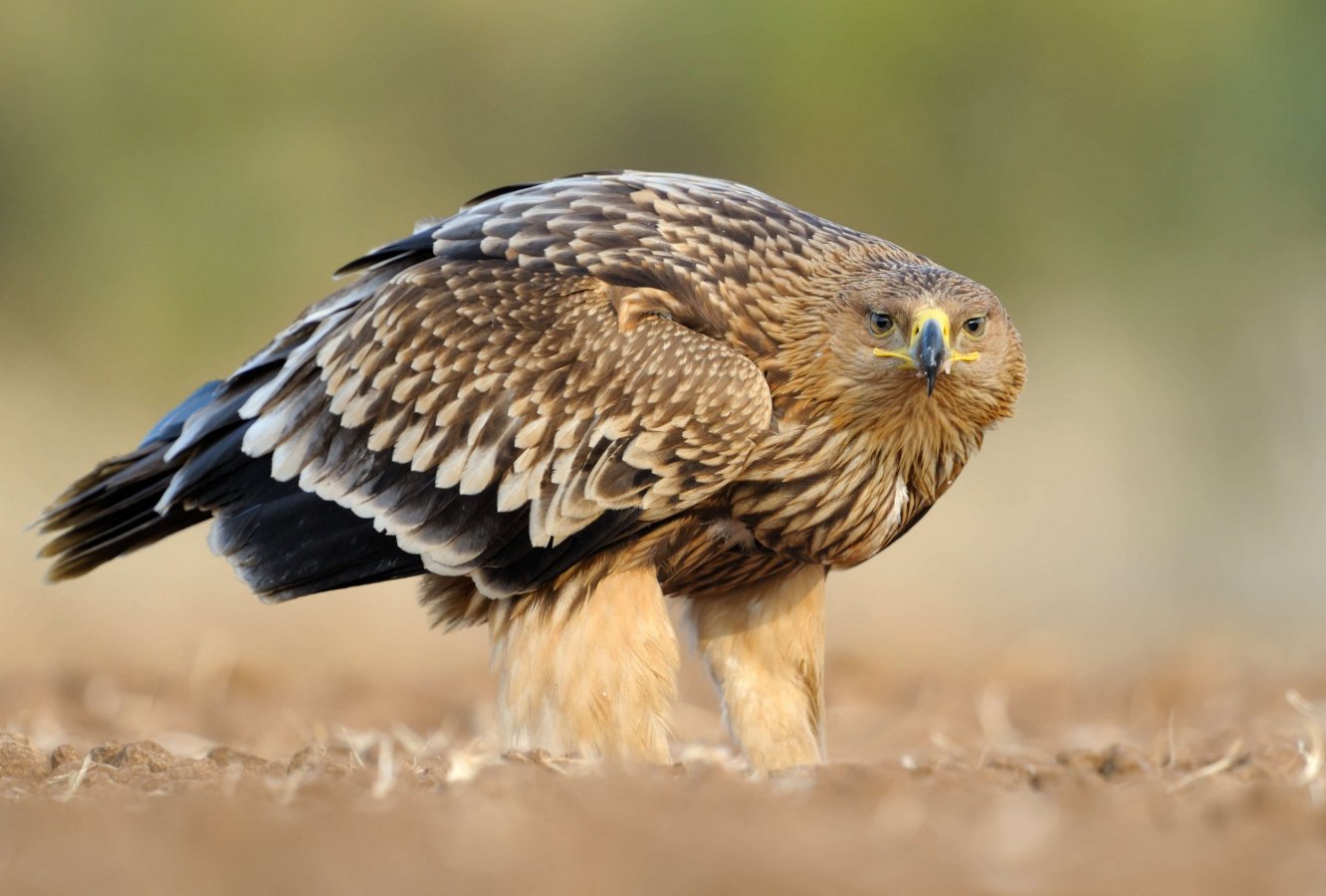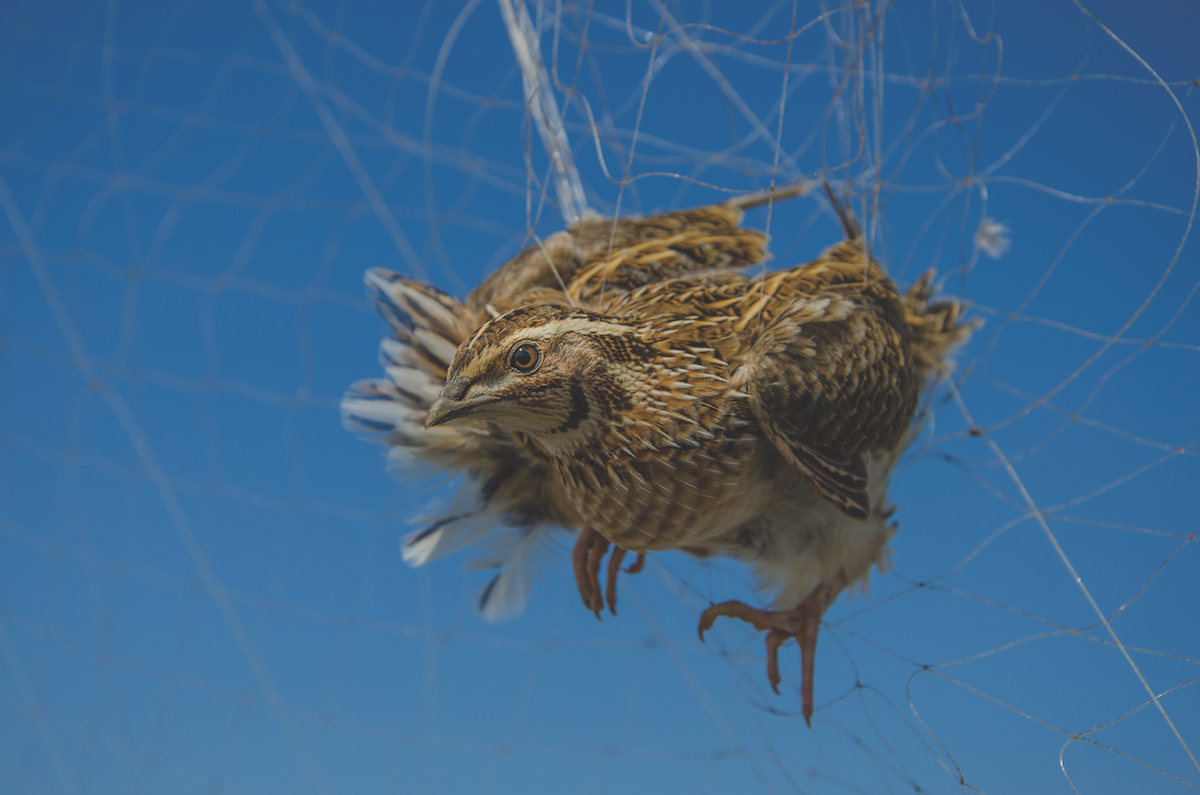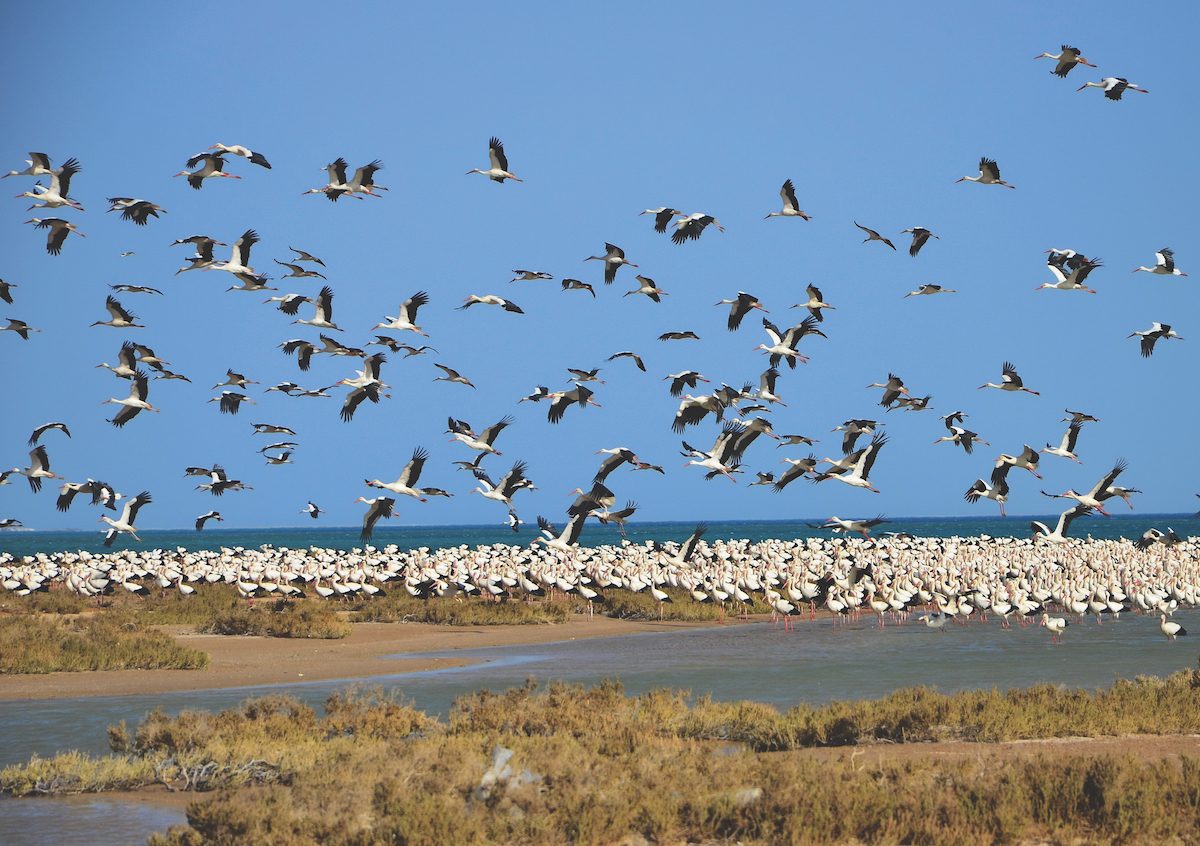Safe Flight for Migratory Soaring Birds
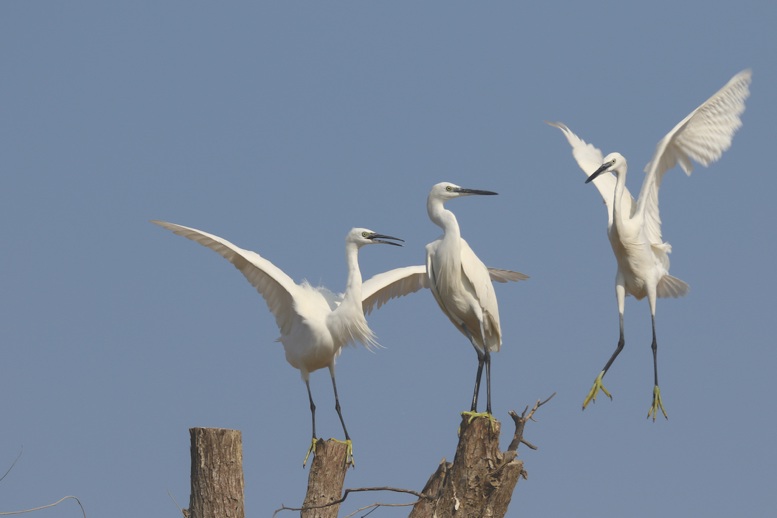
World’s most important corridors
Lebanon is a small country, only 10.452 km2 in size, located on the eastern coast of the Mediterranean basin. Lebanon lies on one of the world’s most important corridors for migratory birds as they travel between Europe, the Middle East, Asia and Africa. For iconic species such as storks, lesser spotted eagles and pelicans, Lebanon provides a resting hotspot to refuel on their long migration, twice each year.
Why protecting and conserving
Some species stop for hours, others weeks, until wind conditions and temperatures are optimal for them to venture onward. This is why protecting and conserving their habitats is of the utmost concern. In 2015, a Birdlife International study estimated that 2.6 million birds are shot down in Lebanon each year; ranking forth after Egypt, Italy and Cyprus.
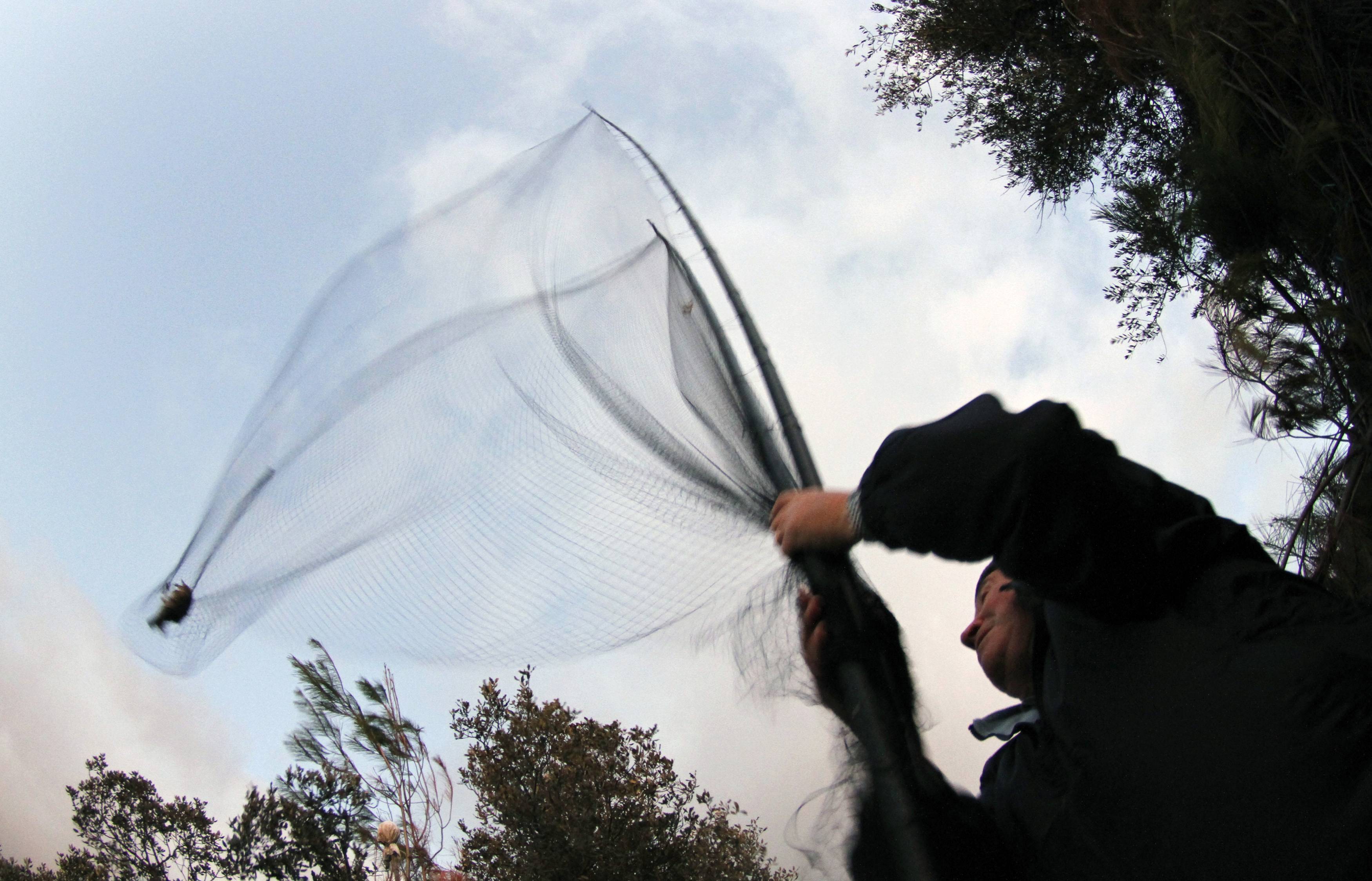
Hunting Legislation was Finally Brought In
The hunting of our feathered friends was banned in Lebanon since the mid-1990s. Regrettably, the lack of sanctions and controls led to a sharp increase in poaching and illegal killing. In 2012, hunting legislation was finally brought in. But, it did not stop the shooting of migratory birds which, even developed into a widespread sport, to which countless storks, cranes, birds of prey and other endangered species fall victim every year. Since September 2017, the newly passed Law No. 580, which for the first time comprehensively regulates the shooting of birds and other wild animals, has been in force in the country. However, changes are gradual and for mentalities to evolve, it will necessarily take time, awareness and resources.
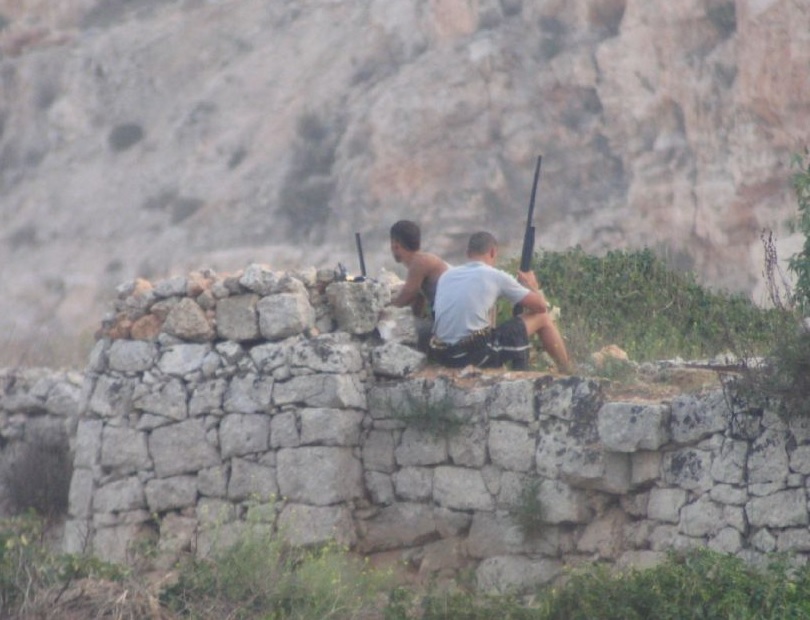
Anti-poaching Unit is working relentlessly
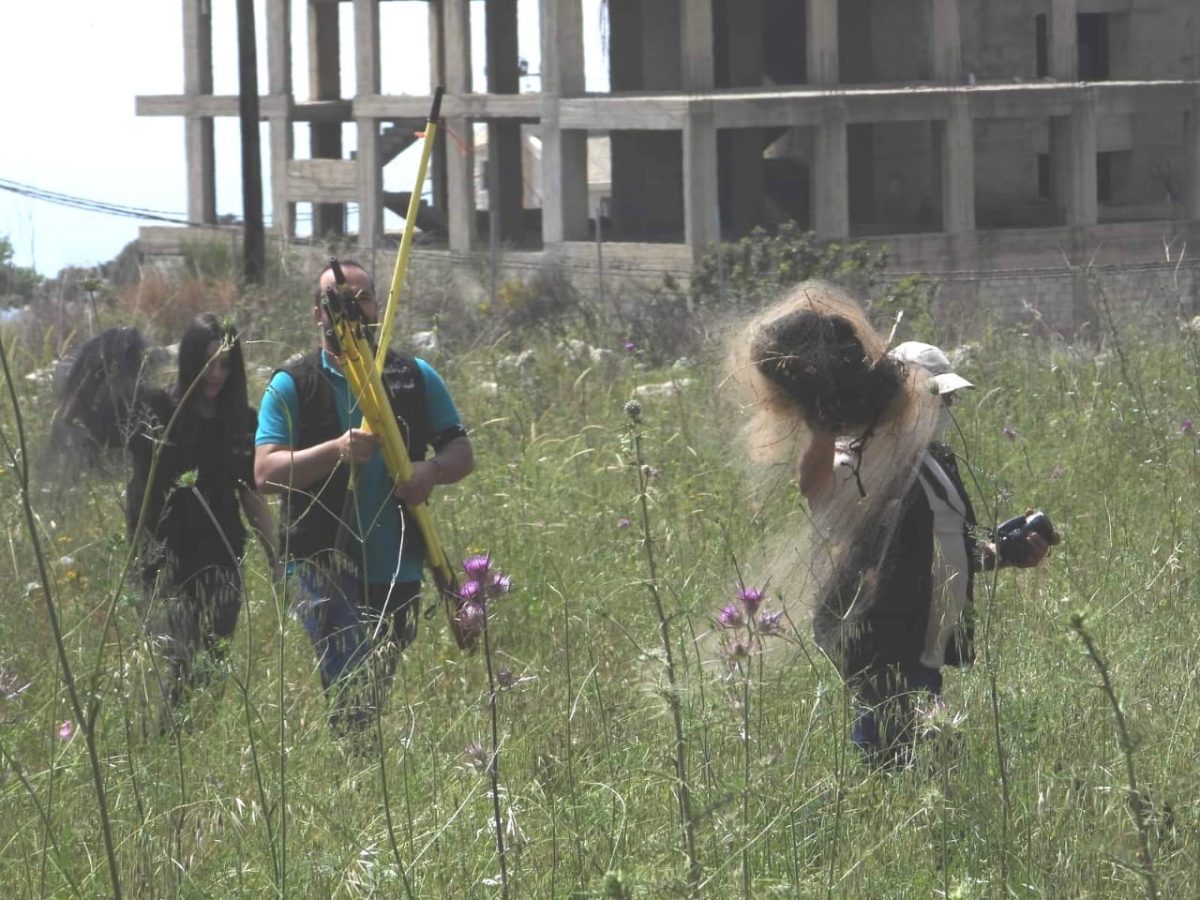
Just this 21st march 2021, Lebanon witnessed once again, a new bloodbath: dozens of storks were met with a hail of gun-fire from military grade weapons; while passing in the skies above this narrow strip of land where 1.7 million to 3.5 million birds are illegally killed every single year. (Brochet et al. (2016)) That’s up to 14% of all illegally killed birds in the Mediterranean basin in a country that is a quarter of the size of Switzerland. With the help of communities and pro-regulation hunters, SPNL’s anti-poaching unit has been working relentlessly on the ground to stop this crime and report all incidents to the Lebanese Internal Security Forces. As “we write, our team is chasing poachers, regardless of the dangers on site.
